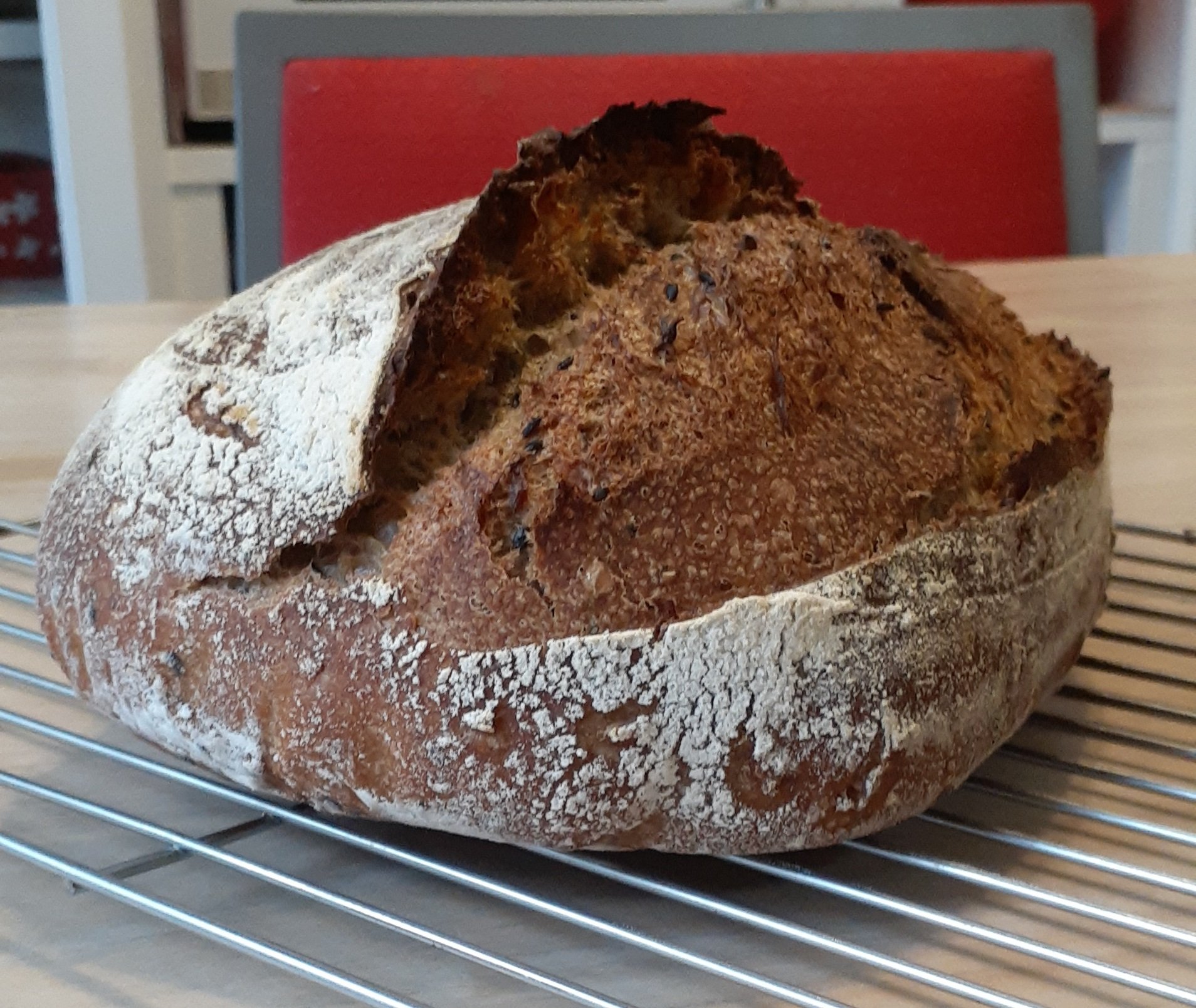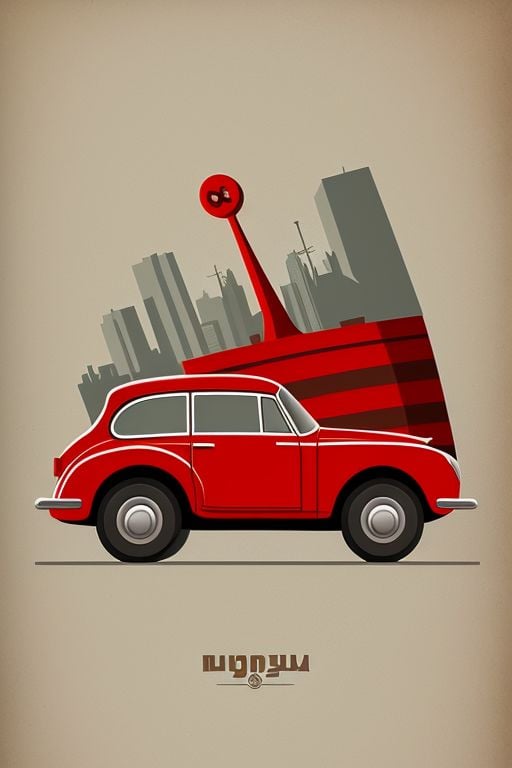Here are my basics:
- Hydroponics: lettuce, basil, strawberries, microgreens. Cost to implement well ~ $350CDN
- Yoghurt: Cost to implement well ~ $50
- Crochet + yarn: mainly for making dishcloths. $5
- Mayo: I like mayo, obviously, but it doesn’t last very long. Has anyone made mayo that lasts as long as store bought?
More advanced ideas?
- locally sourced meat and eggs: is this cheaper? I’m in Vancouver BC and there are a lot of farms in the valley. Logistics seems challenging.
- jarring: is it worth learning how to do this and investing in the equipment? volunteering at a farm: I’m sure this would net some food
- solar power or bike generator: electricity is cheap here
- minimalism: I’m realizing this is a lifestyle. It has taken me a while to reduce, and I’m still reducing. Are most of you like this?
And things that can save money, but I don’t want to do:
- Bread: I don’t like making bread. Bread machine vs. buying a mixer?
- Beer: I’d like to but last time I tried it was messy and space consuming
- switch to cotton socks and underwear. Quantity over quality.
- no alcohol or drugs: What’s your experience?
- meal prep: savings seem big if combined with jarring. But if I had food prepped I’ll eat it, cheaper to skip meals?
Any other ideas welcome. I’m looking to save $$$ by spending $$
Is it just me, or are your ideas listed in the wrong categories? Most of your “optional” (other than the beer) is my “basic,” and most of your “basic” is my “advanced!”
By the way, you forgot to list the #1 frugal idea regardless of category: ride a bike!
My basics:
- no drugs, no alcohol, no meat, and I prefer to buy non-perishables bc my fridge isn’t very big. Rice, beans, or peanut butter cost like <$13 for a weeks worth of calories
- buy less. Use everything you have until it is so irreperably broken it must be replaced. Wear old clothes, don’t buy new underwear, don’t throw out all your current stuff so you can get new quality stuff, though still buy quality items that don’t constantly need to be replaced only when actually necessary
If you want to get an appliance, you should probably be getting it because you will actually use it to improve your life, not because it saves money (because it probably won’t)
Sure hypothetically, a bike or a crockpot or a bidet or a fishing rod or a sewing machine or a garden or a gym membership or a bread maker can technically save you money, but only if you use it.
Worse still, note that many of these items require maintenance and space, their price is not just limited to the money they costed.
I’m sure there are no shortage of people online who say that they love their bike or something and it saves them tons of money on car expenses, but if you just buy a bike and never use it- it will have been a waste of money.
For example, if we take the average cost of ingredients to make a loaf of bread go be $1.50, the average cost of a store-bought loaf to be $2.50, the average cost of a breadmaker to be $150, and the average calories in a homemade loaf of bread to be 1466 (numbers found with basic google searches), then you would have to make 150 loaves of bread, aka 440 meals for which bread constitutes 50% of the calories eaten (ex: 440 sandwiches) just to break even on your breadmaker purchase
Am I saying this is never a valuable purchase for anybody? No, of course not. If you want, buy a bread maker and enjoy delicious homemade bread. I just think that in general, people should be of the mindset that buying new stuff is a great way to improve your quality of life, but not necessarily is a very good strategy for saving money.
Love this prompt. Here’s how I interpret the categories.
Basic / Easy to Implement:
- Learning to cook and mealprep - sustain yourself without prepared food
- Buying generic - find low cost replacements for name brand items
- Buying used - look through Craigslist / FB Marketplace for durable items
- Maintaining your things - buy items that last a long time with proper care, and give proper care
Advanced / Difficult to Implement:
- Embracing low-cost hobbies - center your focus and happiness around activities that are cheap or free. Exercise and creative pursuits are good options. I like hiking, rollerblading, programming, reading and playing tabletop games.
- Cooking from scratch - baking homemade bread, making homemade stock, fermenting your own pickles and making your own sauces
- Lowering your transport costs - go car-less, move closer to shops, work and friends
Not Worth it to Implement (IMO):
- Producing your own food - growing produce beyond a small vegetable garden / raising animals is more effort than its worth IMO.
- Sewing your own clothes - I have tried it, but the savings are marginal and its a huge time expense
- Eating cheap food to save money - Grocery store freezer pizzas are $4 for 2+ meals worth of food w/ 0 prep time, but your medical bills will cost more than you save in the 10+ year horizon
- Brewing your own alcohol - not as much of a cost saver as it sounds. can often be the same price as buying beer, plus a huge time expense
I enjoy canning (not sure if that’s what you meant by jarring), but I’m not convinced it’s that frugal. Especially beans. You can get a can of beans for 65 cents at aldi. Dry beans come out to about the same cost including jar and/or lid prices, not to mention the time and energy commitment. I do it anyway because I like to make things from scratch and canning them frees up freezer space.
I grow some of my own herbs. Basil and rosemary are the only ones I’ve been successful at keeping alive. The rosemary is in a pot outside, requires no care, and has paid for itself many times over. The basil is in a hydroponic planter in the kitchen and will take years to pay for itself, but the planter also makes for a nice lamp.
The only thing I’ve found cheaper at my farmers market is eggs. Vegetables are crazy expensive there. Not worth going just for eggs though. Meat is much more expensive, though I’m sure its vastly better quality. I only make 2 meals per week with meat.
There’s no sense reducing for it’s own sake. Avoiding the acquisition of new items can be good, but if you already own it, only get rid of it if its costing you more (in storage, upkeep, or mental energy) than its gaining you.
I dont do big meal prepping, but I try to always have enough to get one meal from leftovers (for the whole family). If we dont finish it, it goes in the freezer and makes a great backup for occasions when you cant cook or just need a quick meal.
We invested in a small chest freezer so we can fill up when meat goes on sale, I can bake bread and put extra loaves in the freezer, we can blanche and freeze excess vegetables, etc.
I darn my socks and sew up holes in underwear. Almost never eat out. Buy what I can secondhand. Turned off subscriptions I dont need, but kept the ones that add value to my life. Get all my books from the library via the libby app.
Basics:
- Cut down on subscription services: We started using our library more, reading/watching stuff we already own, and taking advantage of what’s already free on the internet
- Buying used: I’ve gotten some big ticket items and smaller stuff for less than half the price of new. Mainly through OfferUp now since I deleted FB, but I’ve heard marketplace can work too
- Mainly drink tap water (RO filtered), coffee/tea, and oat milk. Healthier than when we were buying sports drinks and soda. Also, kombucha is pretty easy to make once you’ve got a SCOBY.
Advanced:
- Insulating our house. Reduced our electric bill in the summer and gas bill in the winter. Prolongs the life of our AC unit.
- Getting an electric vehicle. Wife has a longer commute and the savings on gas is significant. Plus no oil changes and less overall maintenance. It’s been a great experience and I can’t imagine going back to an ICE vehicle in the future.
- Biking or walking whenever possible. This was easier when we lived in the city, but even in the suburbs we can walk to the gym or grocery store. Driving to the gym to hop on the treadmill always seemed counterintuitive to me.
- Installing solar panels. Don’t have worry as much about our utility bill fluctuating, peak hour usage, or annual rate hikes. Plus there were government incentives that lowered the upfront cost.
bread
in oven maybe? toaster oven? idk
Canning is worth it IF you like canned goods. I only do hot water bath canning because of my kitchen setup, but you can do pressure canning.
I live in an area with cheap local produce so I do a lot of pickling and jams.
A great food preservation option, however, is a dehydrator. I use that way more than canning. There is a lot you can dehydrate and if any of my produce is starting to go, I dehydrate it. It is very easy to use and takes minimal prep time. You can also get them cheap and are often easy to find second hand because many people buy them and realize they wont use them.
I live in an area with cheap local produce so I do a lot of pickling and jams.
I think this is the real key to canning. For canning to be worth it you have to have something cheap to can. If you’re going to an NYC grocery store to buy strawberries for jam, you’re better off just buying the jam on the shelf.
no alcohol or drugs: I quit drinking a year ago. I’ve saved a LOT of money. In my case, it was a crutch.
Food-wise, I eat very little meat. If I do, I eat pork liver, chicken hearts/gizzards. Offal basically. Fish can be cheap if you buy it flash frozen or canned. Peanut butter, bananas, and grapes are cheap. Instead of bread, I make my own flat bread.
What types of frozen fish do you eat most? What is your preferred type of fish?




